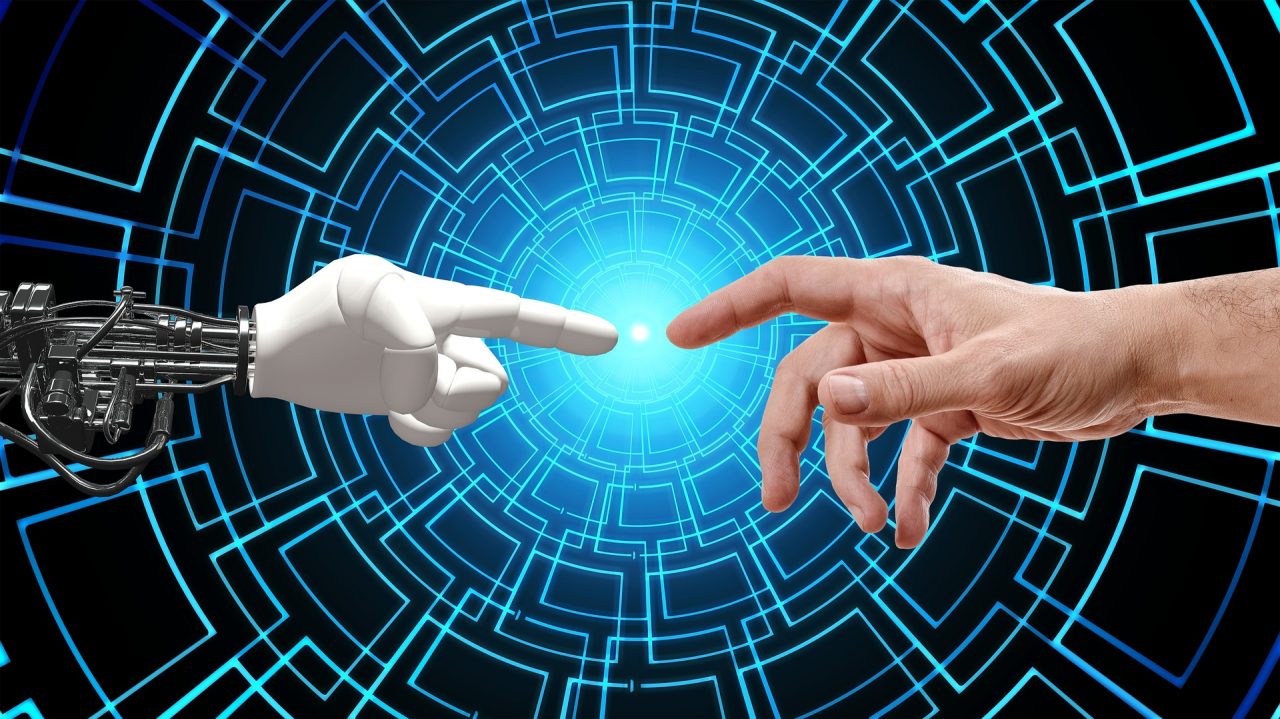Engineering Industry is transforming digitally as we are becoming more reliant on digitisation.
From hand-drawn sketches and cardboard models to developing virtual models and simulations, the processes of design, construction, and business operations have constantly evolved and will continue to evolve.

The rise of Virtual Reality, Augmented Reality and Smart Technology making all this possible.

The Digitisation of Engineering has provided professionals with new ways to visualise and deliver design, enabling them to innovate and develop solutions that push the boundaries of creativity.

So, What is Digital Engineering?
Digital Engineering is the art of creating, capturing and integrating data using a digital skill set.
“Digital Engineering is the collaborative way of working using digital processes to enable more productive methods of planning, designing, constructing, operating and maintaining assets throughout their life-cycle.”
It supports greater collaboration and more informed decision-making by providing a central data source. This helps create more unified delivery teams while allowing the supply chain to see beyond their activities to a more holistic view of the client’s objectives.

The Benefits of Digital Engineering
With the appropriate resource allocation, delivery models, project management, and team activation, Digital Engineering can create new business opportunities and competitive customer values. It harnesses modern digital capabilities to:
- Improve an organisation’s efficiency and value
- Enhance process sequences, and/or transform end-user experiences

- Improve the performance by creating a value chain that is connected, collaborative and efficient
- Increase predictability of project outcome (in terms of safety, design, cost, program, and quality)
- Enable the identification and development of innovative solutions

- Maximise the value of the asset over its entire life with an ability to plan and deliver optimum efficiency in asset operation
- Create a foundation for a digital twin
- The ability to create 3D models that enhance the analysis of geotechnical elements, help in clash and issues resolution

- The Ability to rapidly test different solutions virtually, identify, develop and validate Design for Manufacture and Assembly (DfMA) opportunities to provide the best possible client solution.
- The Ability to identify and mitigate health, safety and environmental risks for construction personnel, the public and future asset users much earlier in the process
- With the help of drones and other smart tech gadgets, Engineers can avoid going to potentially dangerous and risky situations

Some Useful Tips for Engineers of tomorrow:
- Stay updated with the digital evolution in the industry.
- Across the construction cycle, you must change your tools from analogue to digital.

- Upgrade your soft skills to effectively communicate and collaborate.
- Diverse backgrounds and skills are important to excel in the industry.
Digital Engineering has opened the Engineering Industry to a world of many possibilities and opportunities. It offers invaluable solutions and advantages for engineers, for the clients and, for society at large.



